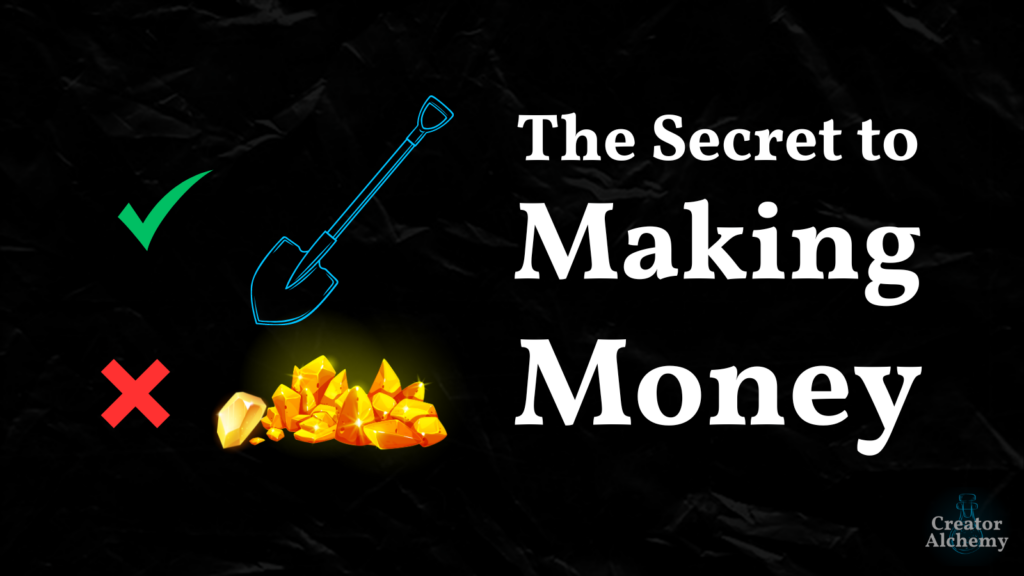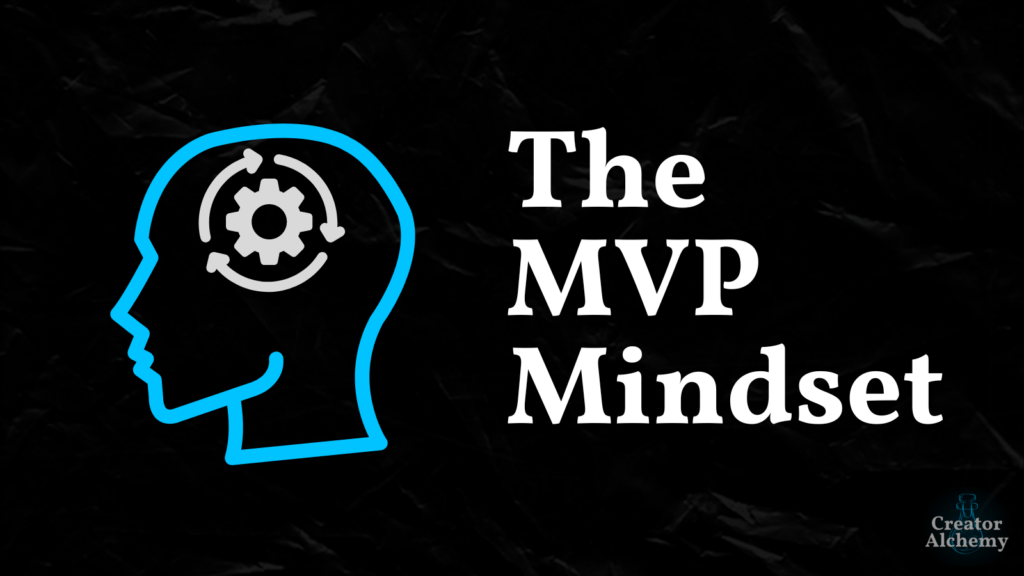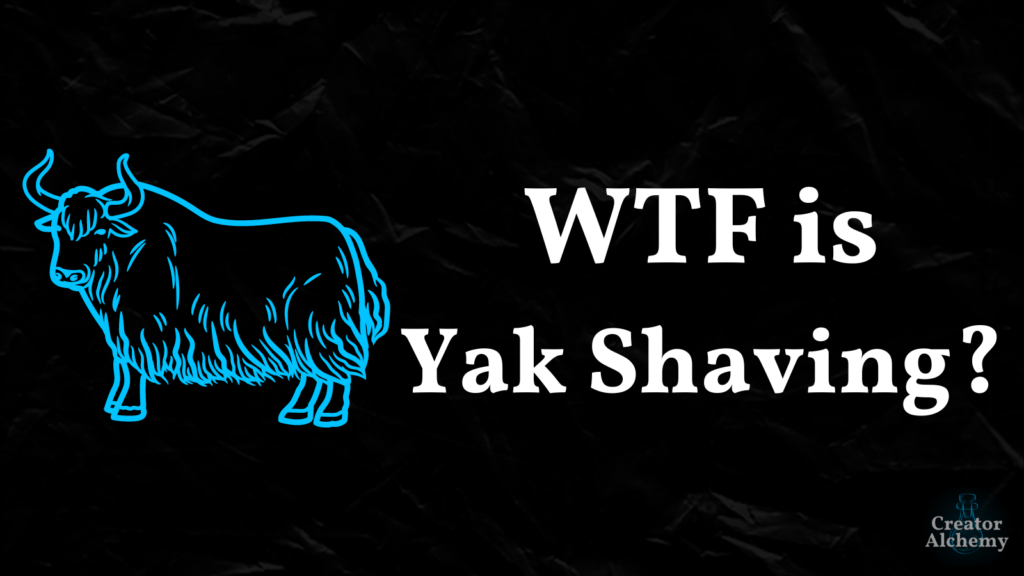Don’t trust a man named Cornbread.
That was one of two painful lessons I learned on my first trip to NYC.
I’m not a touristy person, but when you go to NYC, there are a few things you just have to do. Like walking through Central Park, taking the subway, and watching people play chess outside.
As my friends and I walked by the chess players on their stone benches and tables, a well-dressed gentleman in his mid-50s beckoned us over.
“Do you all want to play chess?” he asked.
“No, I’m not very good and would prefer to watch,” I responded.
“Nonsense. I’ll give you a free lesson. Let’s play!”
He introduced himself as “Cornbread.”
The first “lesson” was just a regular game of chess where he beat me in like 4 moves.
“Rematch! Let’s do one more game real quick!” said Cornbread.
Again, he beat me in a few moves.
I thanked him and got up to resume exploring NYC.
Then…
“That’ll be $20,” he said.
“What? You said it was free!” I said, confused and betrayed by who I thought was my friend named Cornbread.
Refusing to pay for the “lesson” he’d just given me, I stormed off as he yelled at the nearby cops claiming I’d stolen from him.
“Shut up, Cornbread,” they said without looking at me and my friends.
Cornbread was a hustler.
But he taught me a valuable lesson that applies to every creator today.
Here’s what I mean…
•••
The Pervasiveness of the Hustler Mentality in the Creator Economy
Remember when you played football and your coach would yell, “Hustle! Hustle!” it meant to move your ass, to keep pushing forward instead of letting fatigue win.
Side note: At least this is what they do in the movies. I played football in high school for like a day. After the first practice, I threw up and my ankles swelled because I was exceedingly unathletic, so I quit. So my only understanding of how sportsball teams work is from the movies.
That’s what it’s supposed to mean to hustle. To push forward instead of letting fatigue, uncertainty, or self-doubt stop you.
But to most people nowadays, “hustle” means to be a street hustler—to bamboozle someone out of their money.
When people complain about “hustle culture,” this is the type of hustling they’re talking about.
This is the hustler mentality: wring money out of people however you can, as often as you can, for as much as you can. You don’t buy get-rich-quick schemes, you sell get-rich-quick schemes.
Why is this hustler mentality so pervasive in the Creator Economy?
Simple: Because it works. You can make a shit-ton of money in a short amount of time.
Cornbread was a hustler. And like many hustlers, he did a bait-and-switch. He offered “free lessons,” but then demanded payment.
Think about it this way…
•••
The Dangers of Building an Ecosystem of Upsells
I recently signed up for a free email course promising to teach me the foundations of a topic I was interested in.
A few emails in, I hit a paywall.
But it wasn’t framed as a free trial or anything.
Damnit, Cornbread…
I have no issue with paid newsletters. I’ve subscribed to them. I even wrote one for a year. But that’s because they were framed as a paid newsletter, or at least a free trial for a paid newsletter.
Don’t offer a 100% free newsletter, then 3 emails in bamboozle me with a paywall.
It’s all about setting expectations and consent.
I consented to signing up for a free thing, not a trial. If I’d known there would be a paywall, I could’ve made an informed decision to either subscribe anyway or move on.
There are businesses out there with a reputation for being an “ecosystem of upsells.”
You buy what’s supposed to be their flagship product, but immediately get upsold to use their proprietary app, join their exclusive membership (and pay a premium subscription), grab a handful of a la cart workshops that are tangentially related to the flagship course you just bought, and so on…
Tactics like this are becoming increasingly, painfully, common in the Creator Economy.
But don’t confuse this tactic with building a value ladder…
•••
An Ecosystem of Upsells Isn’t the Same as a Value Ladder
A value ladder allows you to help your audience by meeting them where they’re at:
- A free resource (that’s valuable on its own)
- A low-priced short course
- A medium-priced more comprehensive course
- A premium-priced live cohort-based course or membership
- An ultra-premium priced mastermind group or private coaching
Each of these offers something distinct from the other rungs and meets your audience based on their ability to invest their time, money, and mental bandwidth.
A value ladder is built on integrity and a genuine desire to help your audience.
An ecosystem of upsells is different. You’re not thinking about how to help your audience. You’re thinking about how to always have something else to sell them and using scarcity mindset-inducing tactics to get them to buy buy buy.
There’s no integrity in this approach. Because you’re focusing on maximizing your profits over providing legitimate value to your audience.
Without our audiences, we can’t do the work we love.
We owe it to our audiences to show up with integrity in everything we do—free or paid—and build a reputation that we can be trusted.
When you create an ecosystem of upsells, you sacrifice building a long-term reputation of trust for short-term financial gain.
The only way to keep this ecosystem running is to overcome the churn from burning bridges with your audience. They buy your product, get some value out of it, feel pressured to buy your upsell, get less value out of it, get upsold again, then realize how one-directional the value exchange has been and leave your ecosystem forever.
Which is why so many of these ecosystems of upsells target beginners, because there are always new people becoming interested in becoming creators and entrepreneurs.
It works, but is it worth the cost?
•••
Final Thoughts
Ultimately, all we have is our reputation.
Everything you do builds your reputation. You can build a reputation of upselling people, or you can build a reputation of trust and integrity.
Your actions, not your words, build your reputation.
So before you create something (a course, an article, a video, whatever), ask yourself, “How will this action affect the reputation I want to build or maintain?”
Do what you do with integrity. Don’t create an ecosystem of sleazy upsells that benefit you disproportionately to your audience. Don’t pull a bait-and-switch.
And most importantly…
Don’t be like Cornbread.



